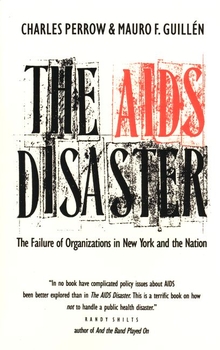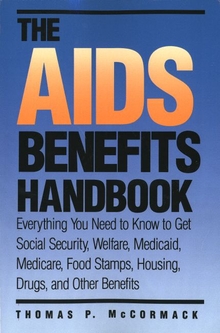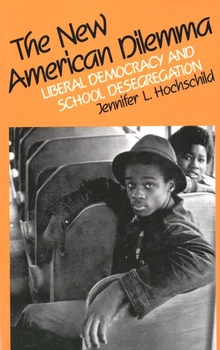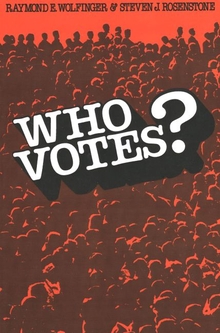The AIDS Disaster
WARNING
You are viewing an older version of the Yalebooks website. Please visit out new website with more updated information and a better user experience: https://www.yalebooks.com
The Failure of Organizations in New York and the Nation
Mauro F. Guillén and Charles Perrow
The seriousness, potential dimensions, and likely victims of the AIDS epidemic were known as early as 1981, yet the reaction of public and private organizations was shockingly slow and feeble and is even now woefully inadequate. Basing their analysis largely on the hardest hit city, New York, Charles Perrow and Mauro Guillén deliver a passionate, yet well-documented indictment of governmental and private groups for failing to provide the necessary education and care in response to this disaster.
In this controversial book the authors describe the patterns of denial, avoidance, and segregation that various organizations exhibited toward the AIDS crisis and its victims. In so doing they extend our theories of organizational dynamics. It is well known that society has an aversion to the major groups threatened or afflicted with AIDS—male homosexuals and, more recently, intravenous drug users and their sexual partners—and that the poor and members of the minorities contribute most heavily to the ranks of the drug users. This situation, Perrow and Guillén argue, results in a stigma that makes AIDS unique among epidemics and contaminates the response of most organizations involved. Society’s hostility toward the urban poor bears even more responsibility for the organizational mishandling of the crisis than the economic and ideological preoccupations of the Reagan era and the homophobia of lawmakers and establishment organizations. The second wave of the epidemic, affecting intravenous drug users, and through them, crack users, interacts fatally with growing problems of poverty in the inner cities, where homelessness, joblessness, rising tuberculosis and syphilis rates, crime, and the paucity of strong indigenous community agencies all foster the rapid spread of the disease.
What is needed, the authors contend, is an all-out war on AIDS that attacks both sexual discrimination and poverty. The AIDS epidemic, they claim, presents an occasion for redressing long-standing social injustices.
"Yale sociologists Perrow and Guillen present a powerful indictment charging that the nation has dismally mishandled the aids crisis."—Peter Gorner, Chicago Tribune
"As a reader's first book on this gripping and grim subject, it covers the full sweep of the aids epidemic—factually, thoughtfully and thoroughly. . . . The authors ably probe all the root causes of neglect and mishandling of the aids epidemic."—Loretta McLaughlin, Boston Globe
"This is a frightening book. It details the ineptness, callousness, and indifference on the part of government officials and the general public to a major health disaster and its victims. . . . Everyone must read The AIDS Disaster to understand what has been done and must be done to correct the situation."—Choice
"Display[s] an assertiveness, even passion, often lacking in scholarly work. . . . [The book] richly reward[s] a close reading."—Christopher H. Foreman, Jr., Policy Currents, The Udall Center for Studies in Public Policy, "Forthcoming Reviews of Policy Books to Appear in the American Political Science Review"
"Perrow and Guillen's book is an indictment of the social and government responses to aids. Part investigative reportage, part sociological analysis, this book tells the now familiar tale of bureaucratic foot-dragging in the early years of the epidemic. . . . Perrow and Guillen focus on the organizational failures on the local, state, and national levels. They argue persuasively that specific organizations to an unprecedented degree failed to meet the challenges of aids."—Peter Conrad, Science
"This book will shape sociological models of organizational response to the aids epidemic in the years to come. . . . Perrow and Guillen have provided us with lots to think about."—Peter Bearman, American Journal of Sociology
"The aids Disaster asserts that the aids crisis in New York need not have been as severe but for overwhelming organisational failure at the local, state, and national levels. . . . Well written and well researched. [Its] material is presented in a non-sensational but moving and challenging form."—Linda de Caestecker, Sociology of Health & Illness
"A well-written, thought provoking, and critical book for social work managers, administrators, and students."—Toba Schwaber Kerson, DSW, Ph. D, Administration in Social Work
Publication Date: October 24, 1990








